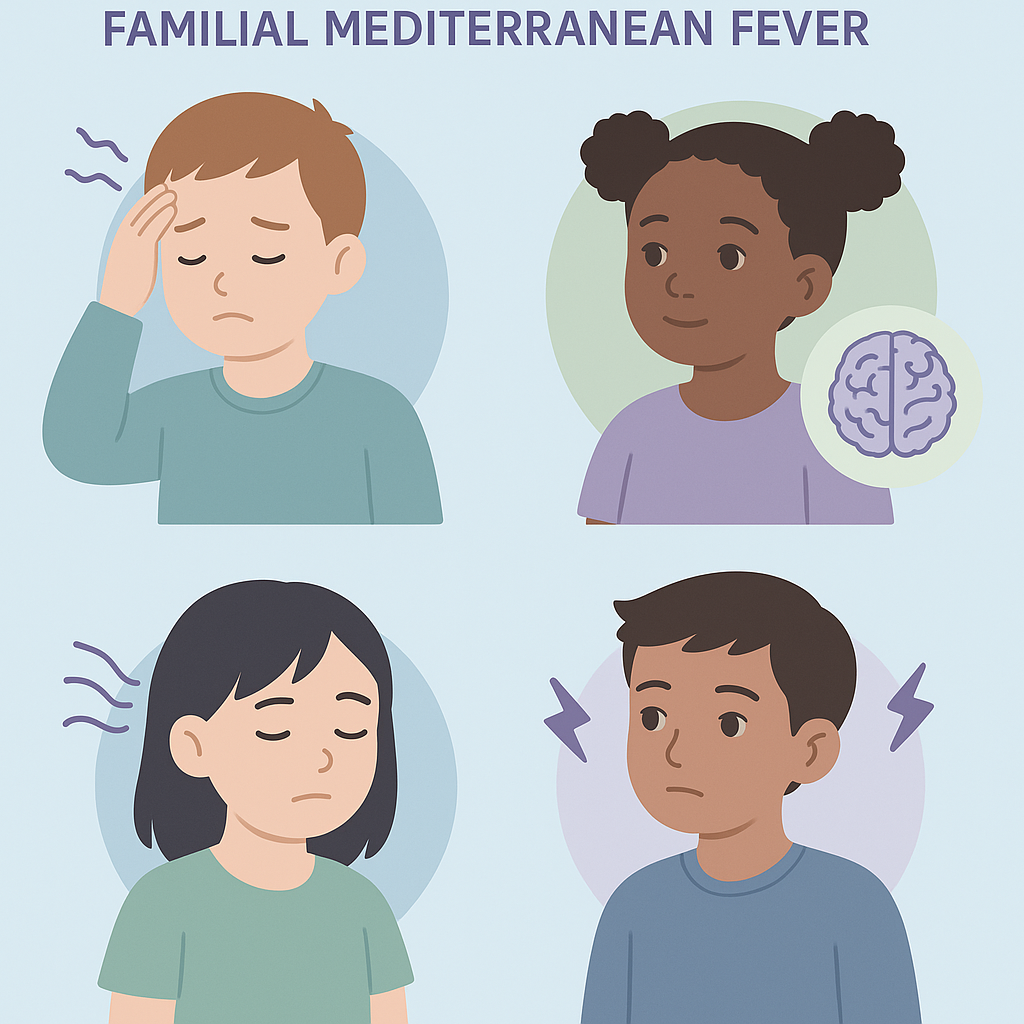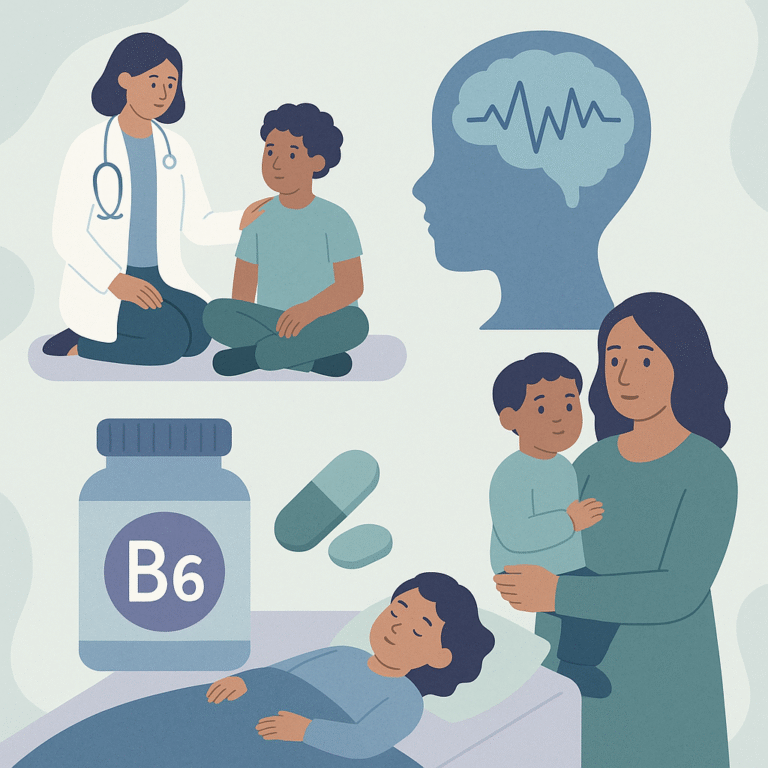Neurological Issues Common in Children with Familial Mediterranean Fever
Source: Pediatric rheumatology online journal
Summary
Researchers studied the neurological effects of familial Mediterranean fever (FMF) in children under 18 years old. They reviewed 64 studies that included a total of 4,753 children diagnosed with FMF. The goal was to understand how this disease, which typically causes fever and abdominal pain, might also affect the nervous system in young patients.
The study found that about 34% of the children with FMF experienced some form of neurological issue. The most common symptom was headaches, which often occurred during FMF flare-ups. Additionally, some children had febrile seizures, which are seizures triggered by high fever, with rates ranging from 1% to 15%. Other neurological problems, like demyelinating disorders, were rare, but there were reports of hearing and vision issues linked to inflammation caused by FMF.
These findings are important because they highlight that neurological symptoms are relatively common in children with FMF and can affect their quality of life. Understanding these potential issues can help doctors provide better care and early intervention for affected children. However, it’s important to note that the study does not prove that FMF directly causes these neurological problems, and there may be biases in how the data was reported.
Free: Seizure First Aid Quick Guide (PDF)
Plus one plain-language weekly digest of new epilepsy research.
Unsubscribe anytime. No medical advice.





